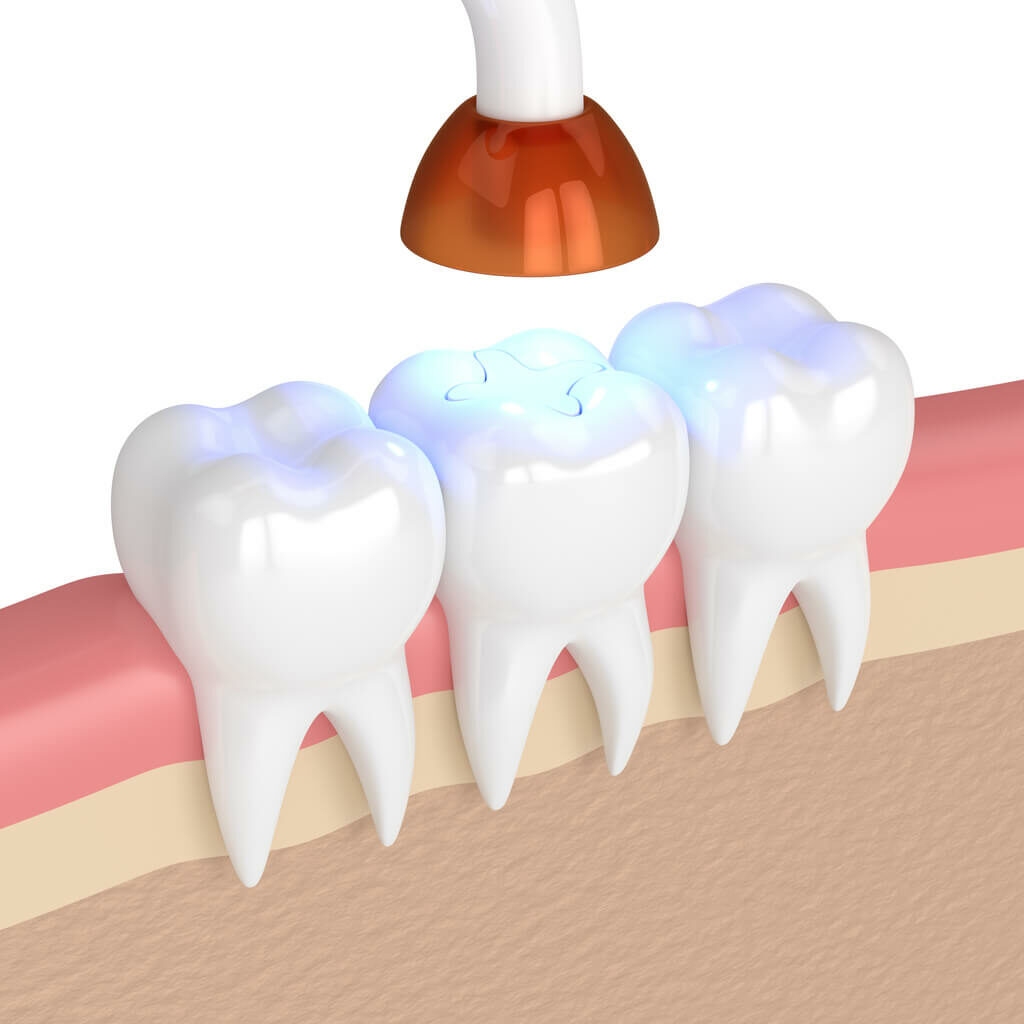Fillings and Sealants
Tooth decay and cavities are both common dental issues. Receiving tooth-colored fillings can restore your teeth and help to prevent simple decay from becoming something worse.
Tooth Fillings in Longmont, CO
Tooth fillings are a simple restoration procedure method that can restore material lost to cavities or other mild decay and deterioration. Fillings are perhaps the most common dental procedure besides regular cleanings and issues with fillings holding are very uncommon. At Revive-Dental we offer composite, ceramic and amalgam fillings. Which type we use depends on your needs, but we commonly use composite fillings because they are tooth-colored and have a more natural appearance when compared to amalgam fillings.

-
How do dental fillings for cavities work?
Cavity and tooth fillings are required when decay leaves holes in teeth. Left unchecked, the decay will continue to spread and damage the tooth’s hard material and eventually the inner pulp and root system. During the filling procedure, dentists clean away decay inside the cavity with a drill. However, because this doesn’t fix the damage that is already there a filling is necessary. The intent of the filling is to replace the part of the tooth that was destroyed by tooth decay. Your dentist will mold the filling to fit the shape of the existing tooth to restore its structural integrity and protect the softer enamel exposed by decay.
-
What types of fillings are there?
There are several types of materials used for teeth fillings including gold, porcelain, silver amalgam (an alloy consisting of mercury mixed with silver, tin, zinc, and copper), tooth-colored plastic, composite resin and glass ionomer. The material used depends on your dentist, the extent and location of your tooth decay and your insurance coverage.
-
Is tooth sensitivity after a filling normal?
When you get a filling, the area around the infected tooth is numbed. You shouldn’t feel anything for an hour or two after your appointment but once the numbing wears off it’s normal to feel pain in your teeth and gums.
It’s common to experience pain when drinking or eating anything hot or cold. It is also not uncommon to feel pain or greater than usual sensitivity when you brush or floss near the infected tooth.
Minimize Tooth Sensitivity
You can reduce the sensitivity in your teeth and gums by:
- Taking an anti-inflammatory drug that contains ibupofren
- Rinse your mouth with 1/2 to 3/4 tsp of salt mixed with warm water. This can reduce inflamation
- Temporarily avoiding hot, cold, or acidic foods and drinks.
- Brush and floss gently
- Use a desensitizing toothpaste like Sensodyne or Colgate Sensitive
More Questions?
If you have more questions about fillings and sealants, or if you would like to schedule an appointment or contact our office and we will be happy to discuss further.
